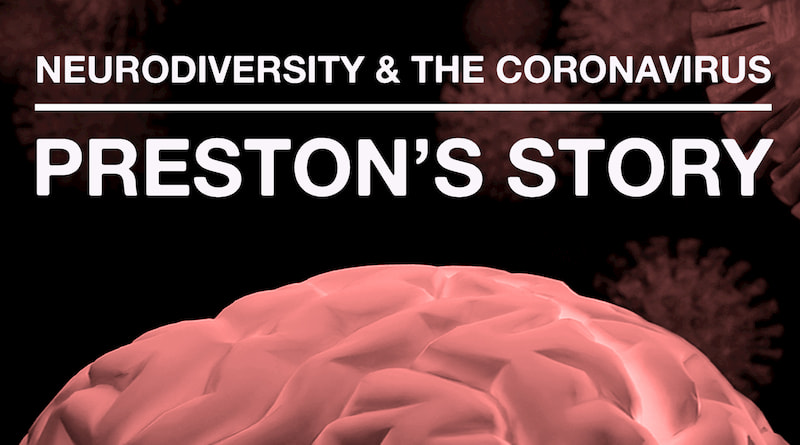
The Indispensable Tools: Self-Compassion
By Cholet Kelly Josué
The Need For Self-Compassion
Have you ever felt as though regret and shame are holding you back? Do feelings of inadequacy keep you isolated and alone? If you’ve been holding on to these beliefs for a long time, you are NOT alone.
As soon as we are old enough to recognize ourselves as individuals, we may interpret who we are in a negative way. We compare ourselves with our friends and those around us. We notice our imperfections, even if we are misreading the situation – or the imperfections are not imperfections at all. Unfortunately, kids’ social interactions can make it worse. Very often our sense of self-worth is set long before we reach adulthood, and it can keep us far from our true potential.
Getting Stuck
As adults, we tend to look at ourselves in a mirror that shows only our flaws, creating tunnel vision until we don’t believe anything else about ourselves. Then we get stuck, unable to move forward because we cannot bear to risk failure again. Other times we lash out to protect our fragile egos, desperate that no one see we are not perfect after all.
Showing Ourselves Care and Concern
Self-compassion allows us to break free of these patterns by reframing the way we see our perceived failures and inadequacies. It reminds us that we are not alone—all human beings feel less adequate than we would like to be. Guilt, shame, regret, and remorse over life’s small and big failures simply come with being human.
Self-compassion challenges us to show the same care and concern for ourselves that we would for our best friends. Once we accept our regrets or feelings of inadequacy, we don’t need to fight them because we can also accept that we may not be perfect. We can acknowledge that every human being, ourselves included, is a work in progress. That knowledge frees us up to examine our failings with grace, making improvements where we need to make improvements, and to treat gently the things about ourselves that we cannot or do not truly want to change.
Self-Compassion in the Face of Rejection
Suppose we feel sad about a friendship that we thought had potential but the person ended up rejecting our approach. We might start out by blaming ourselves, which could turn into negative thoughts about ourselves and the world. Instead, we could practice self-compassion by taking ourselves to a quiet place, feeling each breath, and then acknowledging that we are hurting or embarrassed. After we have accepted those feelings, it is easier to approach them with enough distance to say, “This is normal, and because I am not feeling good about the situation, I will be kind to myself.” We can think about—or write down—a few things that we like about ourselves or that we are grateful for. Or we can deliberately spend time with those we know care about us, or get out into the fresh air, look at the birds passing, the trees with their leaves, and consider that we, too, belong here under the sun. Eventually these practices will rewire the brain to change to these responses rather than allowing a situation to trigger negative self-beliefs.
Self-Compassion in the Face of Mistakes
But what if we are upset about something that we did or did not do? We can absolutely use self-compassion to give ourselves grace in this situation too. It is not humanly possible to do everything right. So we can acknowledge that we don’t feel good because we screwed up; we can accept that we feel this way. But then after a few minutes we can remind ourselves that failure is part of being human—it’s the nature of things. We don’t do everything right and need not expect it. At the same time, we can remember successes, especially in areas where we struggled at first. And always, we can be kind toward ourselves just like we might be to a friend who is upset about a major or minor failure.
The Tool of Self-Compassion
Self-compassion is the most effective and powerful tool we can use to live our best lives, and its hidden power is that it also makes us better humans. After all, it is only when we can truly give ourselves love and acceptance that we are able to accept the faults and failings of others.

Dr. Cholet Kelly Josué is a Bahamian-born Haitian American author, physician, and neuroscientist practicing medicine in Maryland. Using behavioral cognitive neuroscience and drawing upon his experience as an immigrant, he shares an integrative approach to self-compassion, emotional intelligence, and critical thinking. His first book, Twelve Unending Summers: Memoir of an Immigrant Child, was published in May 2019. For more information: drjosue.com.




